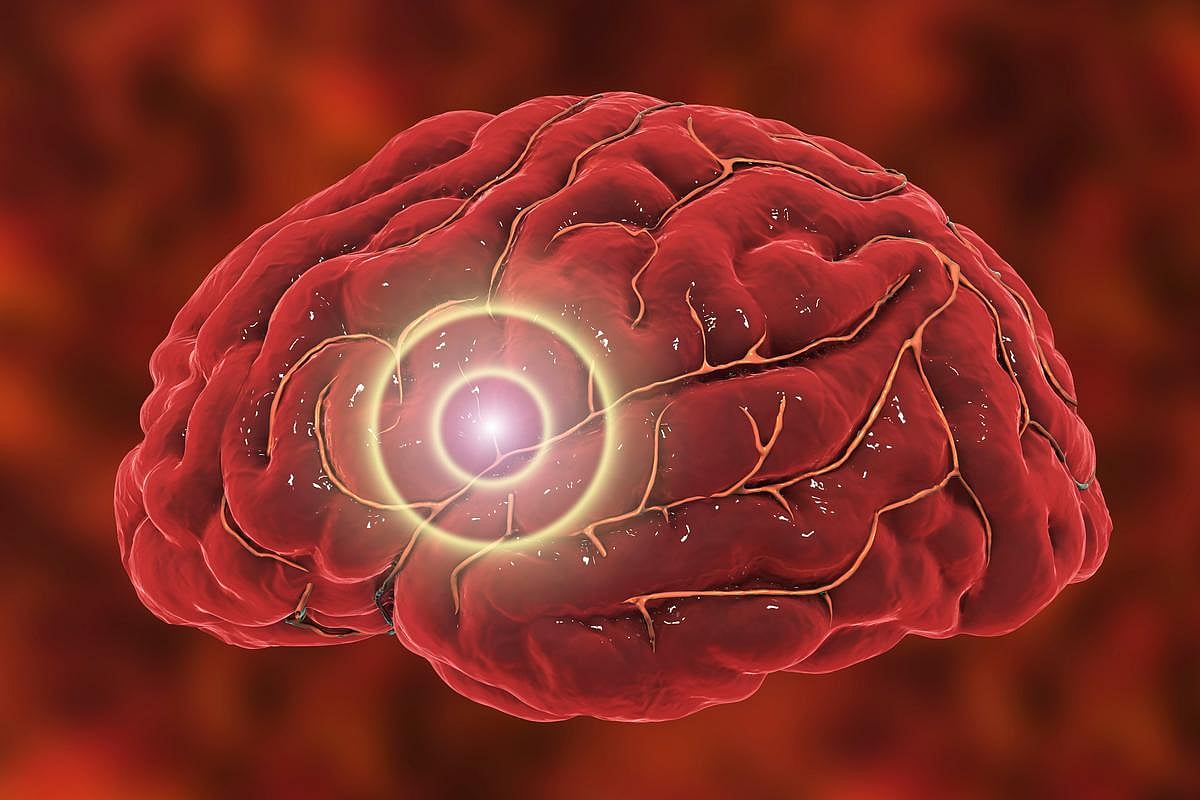Patient Resources
Get Healthy!
Results for search "Heart / Stroke-Related: Stroke".
Health Videos - 14
Night Owls Face Higher Risk for Heart Problems
A new study finds people who are naturally ‘evening types’ have worse overall heart health and a higher risk of heart attack and stroke.
Uterine Fibroids May Signal Heart Trouble, Major Study Finds
In a new study, women with uterine fibroids had an 81% higher risk of suffering a heart attack, stroke or other major cardiovascular event within 10 years.
COVID, Flu and Other Viral Infections Can Dramatically Raise Heart Attack and Stroke Risk, New Study Finds
New research shows common viruses increase the risk of heart attack and stroke, especially in the weeks following initial infection.
Limiting Sugar in the First 1,000 Days of Life May Guard Against Heart Disease
A new study suggests restricting sugar intake from conception to around 2 years of age may lower the risk of serious heart disease in adulthood.
Cavities + Gum Disease = Brain Risk?
New research links cavities and gum disease to an increased risk of stroke and possible white matter abnormalities in the brain.
Could Ditching Daylight Saving Time Improve America’s Health?
Researchers compare three hotly debated time policies and find a surprising winner when it comes to improving health outcomes for millions of people.
Untreated High Cholesterol Causing Needless Heart Attacks and Stroke
In a new study, researchers estimate nearly 100,000 non-fatal heart attacks and up to 65,000 strokes could be avoided if people eligible for statins and other cholesterol-lowering drugs were taking them.
Marijuana Use May Double the Risk of Dying From Heart Disease, New Study Finds
A major analysis of data from 24 studies involving more than 200 million people finds those who used marijuana had significantly higher odds of acute coronary syndrome, stroke and death from heart disease.
How Many Americans Reach the Age of 70 with Healthy Bodies and Brains?
What you eat greatly impacts your chances of healthy aging. In a new study, just over 9% of U.S. adults made it to the age of 70 free of physical, mental and cognitive impairments, and their diet had a lot to do with it, according to researchers.
More Evidence Marijuana Increases Heart Attack Risk --Even in Healthy Users
Two new studies find active pot users are significantly more likely to experience a heart attack compared to nonusers, even if they’re young and have healthy blood pressure, cholesterol and blood sugar levels.
Physical Activity Helps Prevent Depression, Dementia and More, New Study Finds
People who engage in moderate to vigorous physical activity on a regular basis are less likely to develop dementia, stroke, anxiety, depression and sleep disorders, researchers find.
Endometriosis, PCOS and Other Common Gynecological Conditions Linked to Increased Heart Disease Risk
A new study finds women with one or more noncancerous gynecological disorders are more likely to develop heart disease and conditions that affect blood flow to the brain.
Moms of Twins Face an Increased Risk of Heart Disease, New Study Finds
Mothers of twins are more likely to be hospitalized with heart disease within a year of giving birth, but researchers say the risk appears short-term.
Regular Flossing May Lower Your Risk of Stroke and Irregular Heartbeat
A new study finds flossing at least once a week may decrease the risk of stroke independent of your other oral hygiene habits like brushing.
Health News Results - 267
Opening Up, Sharing Can Be Best Thing For Stroke Survivors, Study Says
- Dennis Thompson HealthDay Reporter
- January 29, 2026
- Full Page
THURSDAY, Jan. 29, 2026 (HealthDay News) — Dr. Dipika Aggarwal found her life turned upside down following her 2019 stroke.
At jus...
Electromagnetic Pulses Aid Stroke Recovery, Trial Results Indicate
- Dennis Thompson HealthDay Reporter
- January 29, 2026
- Full Page
THURSDAY, Jan. 29, 2026 (HealthDay News) — Stroke survivors might benefit from electromagnetic pulses that stimulate their brains and sp...
Night Owls Have Worse Heart Health, Study Finds
- Dennis Thompson HealthDay Reporter
- January 28, 2026
- Full Page
WEDNESDAY, Jan. 28, 2026 (HealthDay News) — Do you prefer to stay up late, living it up through the night while everyone else is snoozing away?
You might be doing your heart health a disservice, a new study says.
Middle-aged and older night owls appear to hav...
Gout Drugs Might Also Help Heart Health, Researchers Find
- Dennis Thompson HealthDay Reporter
- January 27, 2026
- Full Page
TUESDAY, Jan. 27, 2026 (HealthDay News) — Gout patients could be getting some heart-healthy added benefits from managing their condition effectively, a new study says.
Drugs that lower uric acid levels in the blood also appear to reduce a person’s risk of hea...
Heart Disease, Stroke Are Top U.S. Killers, Report Says
- Dennis Thompson HealthDay Reporter
- January 22, 2026
- Full Page
THURSDAY, Jan. 22, 2026 (HealthDay News) — Heart disease and stroke are America’s top killers, a new American Heart Association (A...
Hospitals Wrongly Penalized For Life-Saving Stroke Care, Researchers Argue
- Dennis Thompson HealthDay Reporter
- January 20, 2026
- Full Page
TUESDAY, Jan. 20, 2026 (HealthDay News) — Hospitals are being inappropriately penalized for lifesaving stroke procedures, due to faulty ...
Reversing Prediabetes Key To Protecting Heart Health, Experts Say
- Dennis Thompson HealthDay Reporter
- December 22, 2025
- Full Page
MONDAY, Dec. 22, 2025 (HealthDay News) — People on the verge of type 2 diabetes can cut their risk of death from heart disease by more than 50% if they bring their blood sugar leve...
Depression, Anxiety Increase Heart Disease Risk Through Stress, Experts Say
- Dennis Thompson HealthDay Reporter
- December 19, 2025
- Full Page
FRIDAY, Dec. 19, 2025 (HealthDay News) — Depression and anxiety are linked to a higher risk of heart attack, heart disease and stroke, and researchers now ...
Do Energy Drinks Increase Stroke Risk? One Patient's Story
- Dennis Thompson HealthDay Reporter
- December 10, 2025
- Full Page
WEDNESDAY, Dec. 10, 2025 (HealthDay News) — Energy drinks might give you wings, unleash the beast or fuel your grind — but chugging too many might pose a serious stroke risk, doctors warn.
An otherwise fit and healthy man in his 50s with a daily eight-can hab...
Head CT Scan Use Has Doubled In U.S. ERs
- Dennis Thompson HealthDay Reporter
- November 20, 2025
- Full Page
THURSDAY, Nov. 20, 2025 (HealthDay News) — Use of head CT scans in U.S. emergency departments has more than doubled over the past 15 years, a new study says.
Nearly 16 million head CT scans were ordered by ERs in 2022, up from under 8 million in 2007, researchers r...
Online Tool Helps Younger Adults Plan For Their Long-Term Heart Health
- Dennis Thompson HealthDay Reporter
- November 18, 2025
- Full Page
TUESDAY, Nov. 18, 2025 (HealthDay News) — Usually, it’s not until late middle age that folks start worrying about heart disease.
But a first-of-its-kind online calculator is now available to help adults as young as 30 forecast their risk of heart problems dec...
Transgender Women's Heart Health Not Harmed By Hormone Therapy
- Dennis Thompson HealthDay Reporter
- November 6, 2025
- Full Page
THURSDAY, Nov. 6, 2025 (HealthDay News) — Transgender women using estradiol for their transition don’t run an increased risk of heart attack or
Low-Dose Aspirin Might Benefit Adults With Type 2 Diabetes, Study Says
- Dennis Thompson HealthDay Reporter
- November 4, 2025
- Full Page
TUESDAY, Nov. 4, 2025 (HealthDay News) — Low-dose aspirin is no longer universally recommended to prevent heart health emergencies, but it might help people with type 2 diabetes, a new study says.
Flu, COVID Increase Risk of Heart Attack, Stroke
- Dennis Thompson HealthDay Reporter
- October 29, 2025
- Full Page
WEDNESDAY, Oct. 29, 2025 (HealthDay News) — People’s risk of heart attack or stroke skyrockets after a bout with the flu or COVID, a new evidence review says.
Folks ar...
What Kim Kardashian’s Diagnosis Reveals About Brain Aneurysms
- Deanna Neff HealthDay Reporter
- October 24, 2025
- Full Page
FRIDAY, Oct. 24, 2025 (HealthDay News) — Reality TV star, actress and mom Kim Kardashian, 45, disclosed in the season premiere of “The Kardashians” that a small aneurysm was detected in her brain.
An aneurysm occurs when a blood vessel wall weakens and ...
Gum Disease May Raise Stroke Risk, Even Damage the Brain
- I. Edwards HealthDay Reporter
- October 23, 2025
- Full Page
THURSDAY, Oct. 23, 2025 (HealthDay News) — If you need another reason to brush and floss, here it is: Research suggests keeping your mouth healthy might also protect your brain and heart.
Two new studies published Oct. 22 in Neurology Open Access linked gu...
'Skinny Fat' Contributes to Heart Attack, Stroke Risk
- Dennis Thompson HealthDay Reporter
- October 21, 2025
- Full Page
TUESDAY, Oct. 21, 2025 (HealthDay News) — Hidden deposits of fat deep inside the abdomen and liver can quietly increase your risk of stroke and heart attack
Increasing Number Of Pregnancies Affected By Heart Complications
- Dennis Thompson HealthDay Reporter
- October 9, 2025
- Full Page
THURSDAY, Oct. 9, 2025 (HealthDay News) — Heart-related health problems might affect as many as 1 in 7 pregnancies, even among women without any prior heart disease, a new study says.
Health Habits In 20s, 30s Can Have Dramatic Effect On Later Heart Attack, Stroke Risk
- Dennis Thompson HealthDay Reporter
- October 9, 2025
- Full Page
THURSDAY, Oct. 9, 2025 (HealthDay News) — The healthy habits people adopt and stick with in their 20s and 30s have a massive and direct impact on their risk of a
Heart Attack, Stroke Almost Always Foreshadowed, Study Says
- Dennis Thompson HealthDay Reporter
- September 30, 2025
- Full Page
TUESDAY, Sept. 30, 2025 (HealthDay News) — Nearly everyone who suffers a heart attack, stroke or heart failure had at least one warning sign that cropped u...
Heart Disease Remains Top Killer Worldwide
- Dennis Thompson HealthDay Reporter
- September 25, 2025
- Full Page
THURSDAY, Sept. 25, 2025 (HealthDay News) — Heart disease remains the world’s top killer, causing 1 in every 3 deaths around the globe, a new study says.
Worldwide, the number of heart-related deaths has risen sharply, climbing to 19.2 million in 2023 from 13...
Can Mammograms Assess Women's Heart Health?
- Dennis Thompson HealthDay Reporter
- September 17, 2025
- Full Page
WEDNESDAY, Sept. 17, 2025 (HealthDay News) — Regular mammograms might offer a “two-for-one” opportunity to protect women’s health, a new study says.
Mamm...
Shingles Vaccine Might Protect Against Heart Attack, Stroke
- Dennis Thompson HealthDay Reporter
- August 29, 2025
- Full Page
FRIDAY, Aug. 29, 2025 (HealthDay News) — The shingles vaccine not only protects against the painful skin infection, but also might provide heart health benefits, a new study says.
Shingles vaccination also appears to lower a person’s risk of heart attack and ...
Seniors Neglecting Steps To Protect Heart Health, Study Says
- Dennis Thompson HealthDay Reporter
- August 20, 2025
- Full Page
WEDNESDAY, Aug. 20, 2025 (HealthDay News) — Seniors with known heart-related problems aren’t doing a very good job taking steps to protect their health, a new study says.
Tight Blood Pressure Control Both Healthy And Cost-Effective, Projections Say
- Dennis Thompson HealthDay Reporter
- August 20, 2025
- Full Page
WEDNESDAY, Aug. 20, 2025 (HealthDay News) — Tight control over blood pressure is not only good for patients, but is also cost-effective health care, a new study says.
Stalking Victims At Higher Risk For Future Heart Problems
- Dennis Thompson HealthDay Reporter
- August 11, 2025
- Full Page
MONDAY, Aug. 11, 2025 (HealthDay News) — Victims of stalkers appear to have an increased risk of heart disease, a new study says.
Women who had been stalked...
Improved Calculator Predicts Stroke Risk For A-Fib Patients
- Dennis Thompson HealthDay Reporter
- August 11, 2025
- Full Page
MONDAY, Aug. 11, 2025 (HealthDay News) — A newly refined test can help detect which people with abnormal heart rhythms need treatment for an increased risk of
Longer, Quicker Walks Protect Heart Health
- Dennis Thompson HealthDay Reporter
- August 7, 2025
- Full Page
THURSDAY, Aug. 7, 2025 (HealthDay News) — Adding distance to your daily walk and picking up your pace can help reduce risk of heart problems associated with high...
Tens Of Thousands of Heart Attacks, Strokes Could Be Prevented With This Prescription
- HealthDay Reporter
- Dennis Thompson
- July 2, 2025
- Full Page
WEDNESDAY, July 2, 2025 (HealthDay News) — Tens of thousands of people suffer needless heart attacks and strokes every year because they aren’t taking cholesterol-lowering drugs, a new study says.
More than 39,000 deaths, nearly 100,000 non-fatal heart attack...
Severe Bleeding After Delivery Linked To Long-Term Heart Health Problems
- HealthDay Reporter
- Dennis Thompson
- June 30, 2025
- Full Page
MONDAY, June 30, 2025 (HealthDay News) — The health of women who experience severe bleeding after giving birth can remain in peril for up to 15 years afterward, a major new evidence review says.
Women who survive postpartum hemorrhage are 76% more likely to suffer ...
High-Fiber Diet Reduces Risk of Hardened Arteries
- HealthDay Reporter
- Dennis Thompson
- June 27, 2025
- Full Page
FRIDAY, June 27, 2025 (HealthDay News) — Noshing on veggies, grains, beans and other high-fiber foods can help your heart as well as your gut health, a new study says.
People with low-fiber diets are more likely to have narrowed
VR Might Aid Stroke Recovery
- HealthDay Reporter
- Dennis Thompson
- June 24, 2025
- Full Page
TUESDAY, June 24, 2025 (HealthDay News) — Virtual reality (VR) training might help stroke survivors regain their arm movement, a new evi...
Weed Use Linked To Heart-Related Deaths
- HealthDay Reporter
- Dennis Thompson
- June 23, 2025
- Full Page
MONDAY, June 23, 2025 (HealthDay News) — Weed is associated with a doubled risk of death from heart disease, a new evidence review shows.
The study also found that marijuana use is linked to an increased risk of
Infertility Tied To Heart Problems In Women
- HealthDay Reporter
- Dennis Thompson
- June 18, 2025
- Full Page
WEDNESDAY, June 18, 2025 (HealthDay News) — Infertility appears linked to women’s risk of heart problems, an evidence review suggests.
Women who are infertile have an...
Talk Therapy Eases Depression, Anxiety In Stroke Survivors
- HealthDay Reporter
- Dennis Thompson
- June 18, 2025
- Full Page
WEDNESDAY, June 18, 2025 (HealthDay News) — Talk therapy can help stroke survivors who are in the throes of depression or anxiety, a new study says.
About half of patients (49%) fully re...
Accelerated Biological Aging Tied To Dementia, Stroke Risk
- HealthDay Reporter
- Dennis Thompson
- June 12, 2025
- Full Page
THURSDAY, June 12, 2025 (HealthDay News) — A hallmark of accelerated aging appears to be linked to an increased risk of dementia and stroke<...
Poor Sleep Sign Of Brain Problems After Mild Stroke
- HealthDay Reporter
- Dennis Thompson
- May 29, 2025
- Full Page
THURSDAY, May 29, 2025 (HealthDay News) — Difficulty sleeping after a mild stroke could be a sign of continuing brain health problems in some people, a new study says.
Stroke victims who spent more time in bed struggling to sleep had lower scores on tests of thinki...
Broken Heart Syndrome Remains A Killer, Especially For Men
- HealthDay Reporter
- Dennis Thompson
- May 15, 2025
- Full Page
“Broken heart syndrome” sounds like a romantic, fairy-tale notion -- the idea that suffering a devastating loss that can cause one’s heart to wither.
But this syndrome, formally known as Takotsubo cardiomyopathy, continues to be associated with a high r...
Down Syndrome Patients Have Higher Stroke, Heart Attack Risk
- HealthDay Reporter
- Dennis Thompson
- May 8, 2025
- Full Page
People with Down syndrome have a much higher risk of stroke than people without the genetic disorder, a new study says.
Down syndrome pa...
Shingles Vaccine Could Protect Heart Health
- HealthDay Reporter
- Dennis Thompson
- May 7, 2025
- Full Page
The shingles vaccine has benefits that stretch beyond protecting older adults from the painful skin condition, a new study says.
Folks...
Scoring System Can Avoid Unnecessary Surgery For Clogged Arteries
- HealthDay Reporter
- Dennis Thompson
- April 24, 2025
- Full Page
THURSDAY, April 24, 2025 (HeathDay News) -- Doctors might be able to use a new scoring system to avoid unnecessary surgery to prevent strokes,...
Urinary Incontinence Linked To Heart Disease Risk In Women
- HealthDay Reporter
- Dennis Thompson
- April 24, 2025
- Full Page
Women suffering from urinary incontinence might have a greater risk of heart disease, a new study says.
Women who struggle with bladder control are more likely to have risk factors associated with heart health problems, including
Microplastics Could Be Contributing To Clogged Arteries
- HealthDay Reporter
- Dennis Thompson
- April 23, 2025
- Full Page
Microplastics could be contributing to clogged arteries, increasing people’s risk of heart attack or stroke, a new study says.
Fat...
Stroke Among Younger Adults Linked To Non-Traditional Risks
- HealthDay Reporter
- Dennis Thompson
- April 18, 2025
- Full Page
Migraines, blood clots in veins, kidney or liver disease, and cancer aren’t typically considered conditions that put a person at increased danger for
Magnetic Stimulation Aids Speech Recovery Following Stroke
- HealthDay Reporter
- Dennis Thompson
- April 18, 2025
- Full Page
Lucy Mulloor woke one morning to find she couldn’t call out to her two daughters, who were bustling about the kitchen.
She also couldn’t move the right side of her body, and only attracted her girls’ attention by falling to the floor after working her w...
Stroke, Dementia, Depression Share Many Risk Factors
- HealthDay Reporter
- Dennis Thompson
- April 9, 2025
- Full Page
Brain diseases like stroke, dementia and depression share common risk factors, and changing any can lower a person’s risk of all three c...
Stroke Risk From Neck Artery Tears Is Rising Fast
- HealthDay Reporter
- Dennis Thompson
- April 3, 2025
- Full Page
Strokes caused by an artery tear are landing five times as many Americans in the hospital these days, a new study says.
Cervical artery dissection involves a small tear in the inner lining of an artery in the neck that supplies blood to the brain.
Brain Implant Lets Woman Talk After 18 Years of Silence Due to Stroke
- HealthDay Reporter
- I. Edwards
- April 1, 2025
- Full Page
For nearly two decades, a stroke had left a woman unable to speak -- until now.
Thanks to a new brain implant, her thoughts are being turned into real-time speech, giving her a voice again for the first time in 18 years.
The device was tested on a 47-year-old...
Microplastics Linked To High Blood Pressure, Diabetes, Stroke
- HealthDay Reporter
- Dennis Thompson
- April 1, 2025
- Full Page
Microplastics appear to be contributing to chronic diseases in shoreline areas of the United States, a new study suggests.
Stroke Risk Higher For At Least A Decade After Minor Stroke-Like Attacks
- HealthDay Reporter
- Dennis Thompson
- March 28, 2025
- Full Page
The risk of a full-blown stroke will remain high for at least a decade after a person has a slight brush with stroke, in the form of a transi...

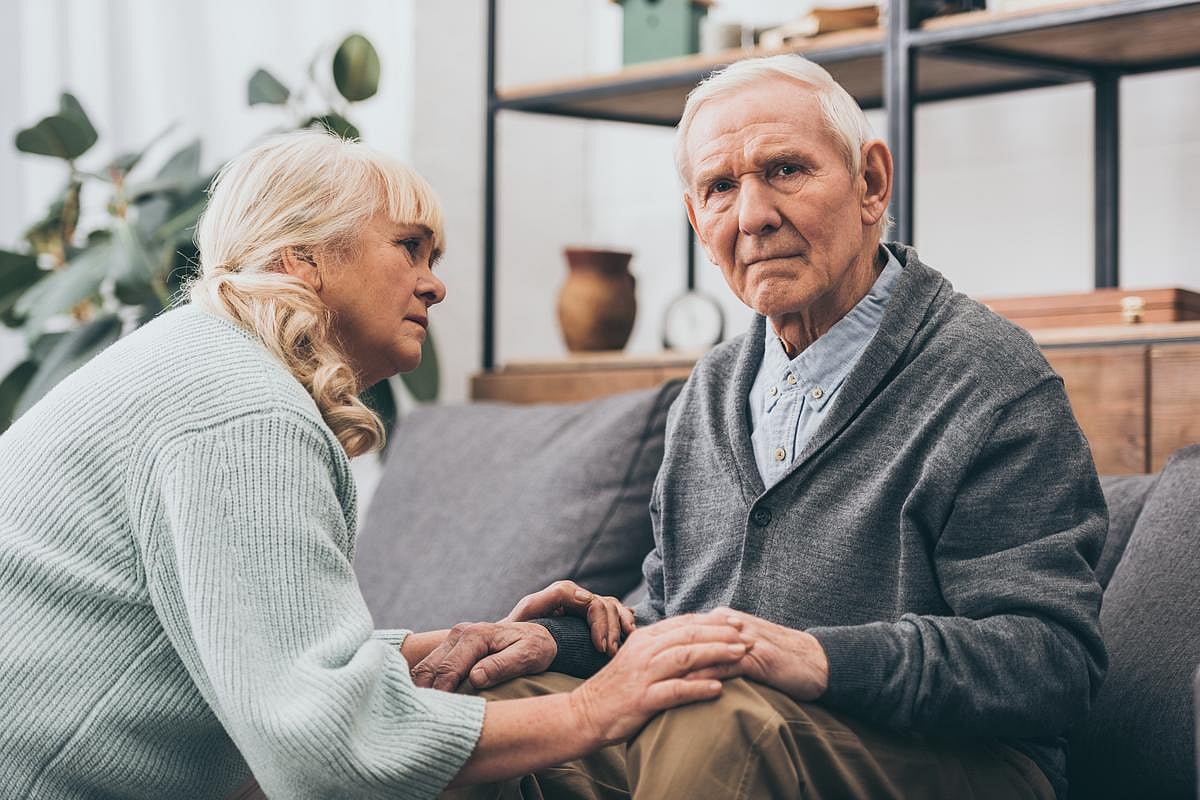
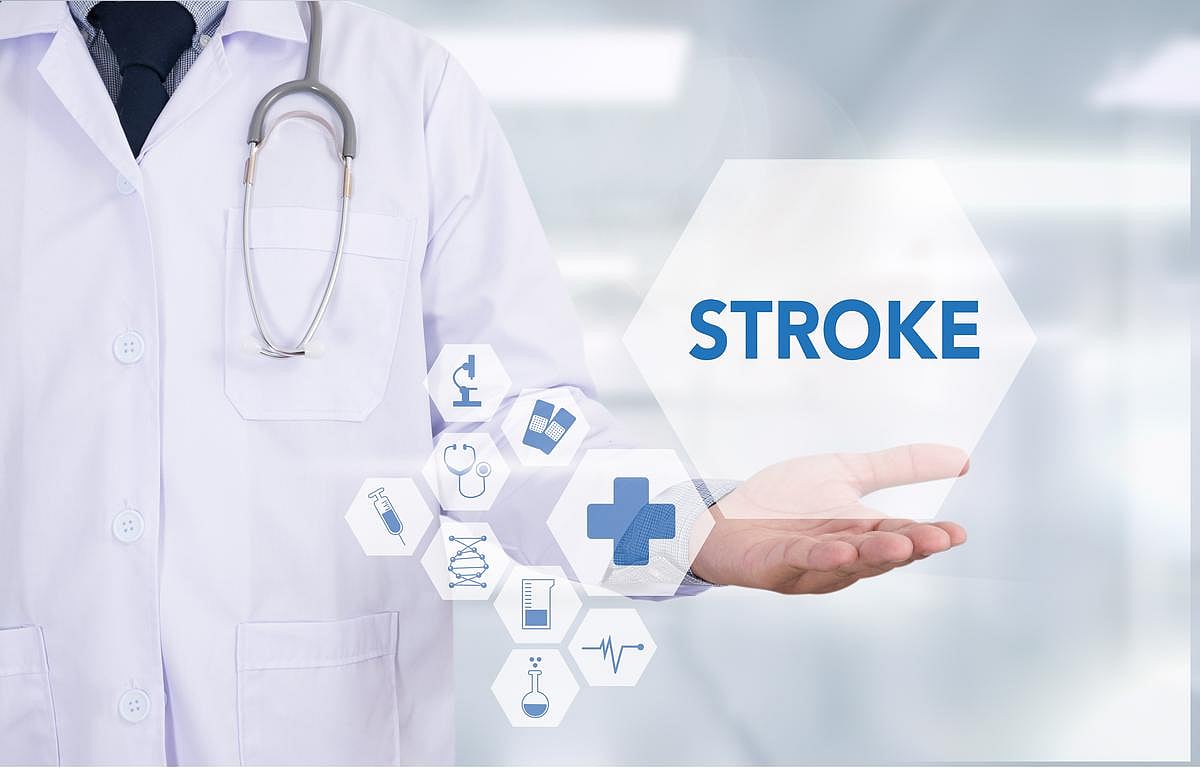



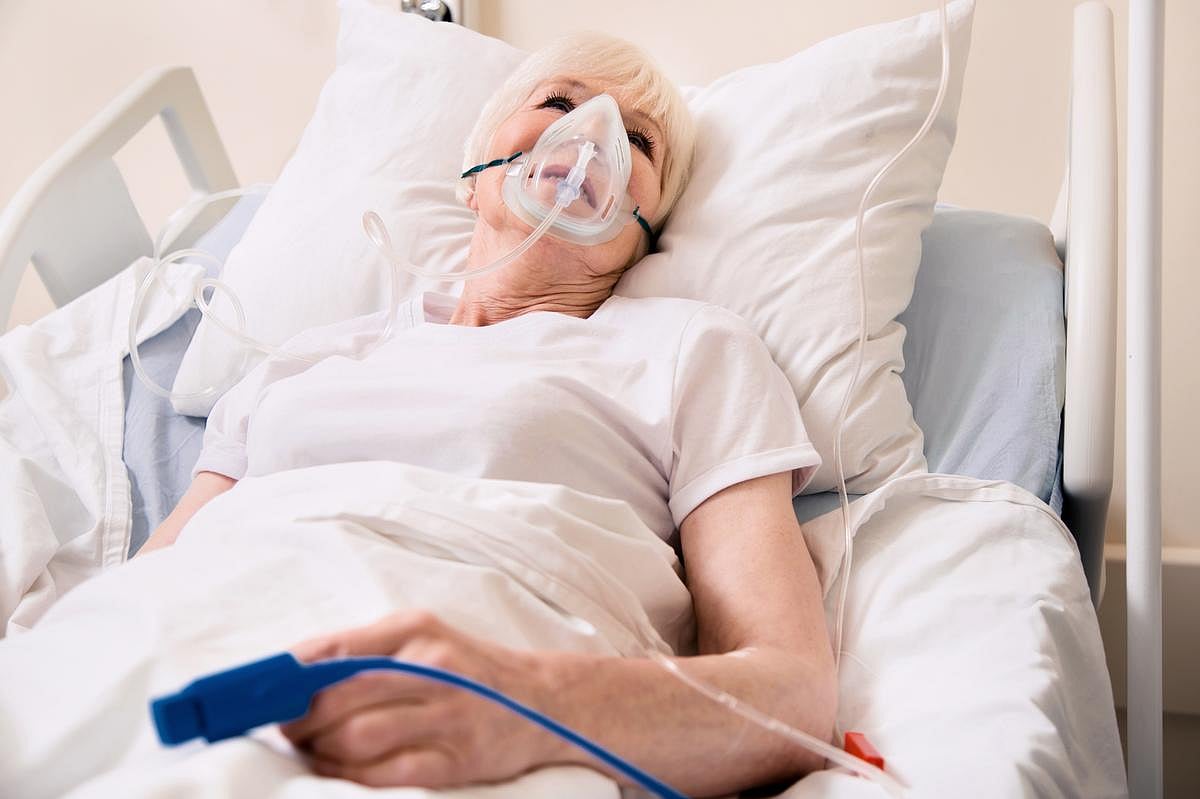
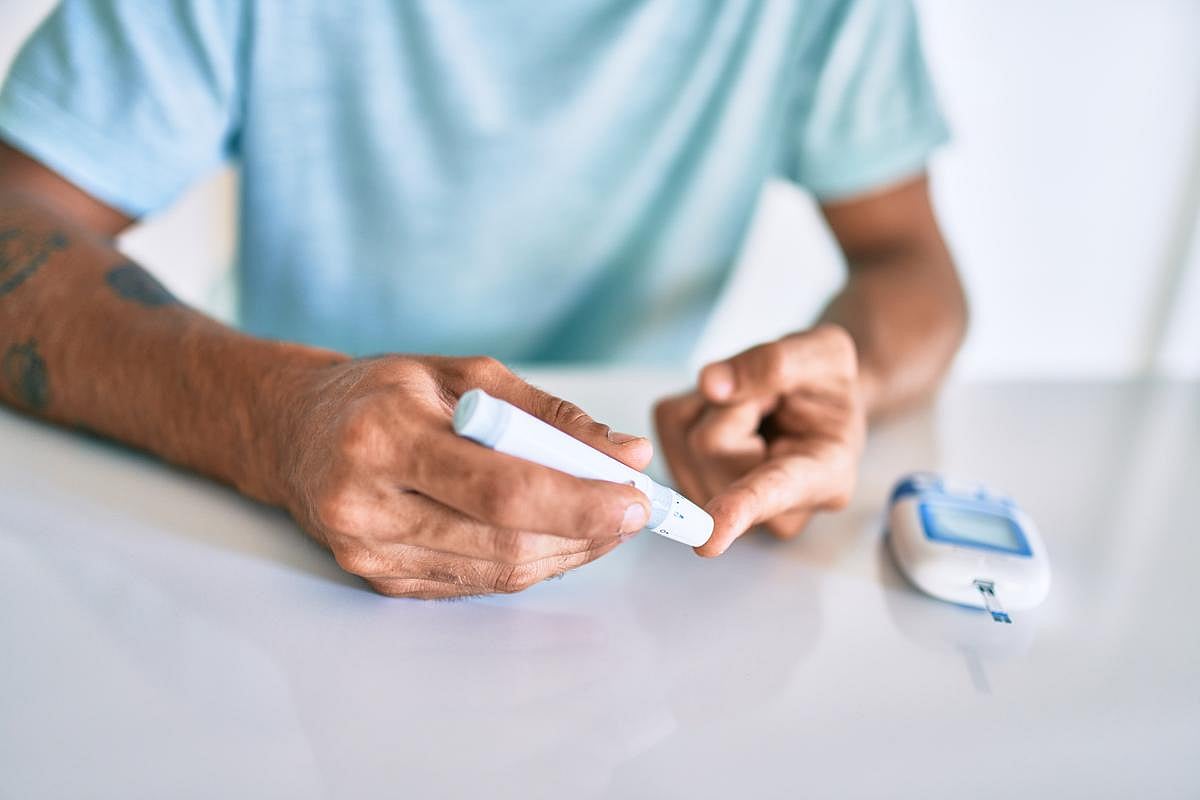

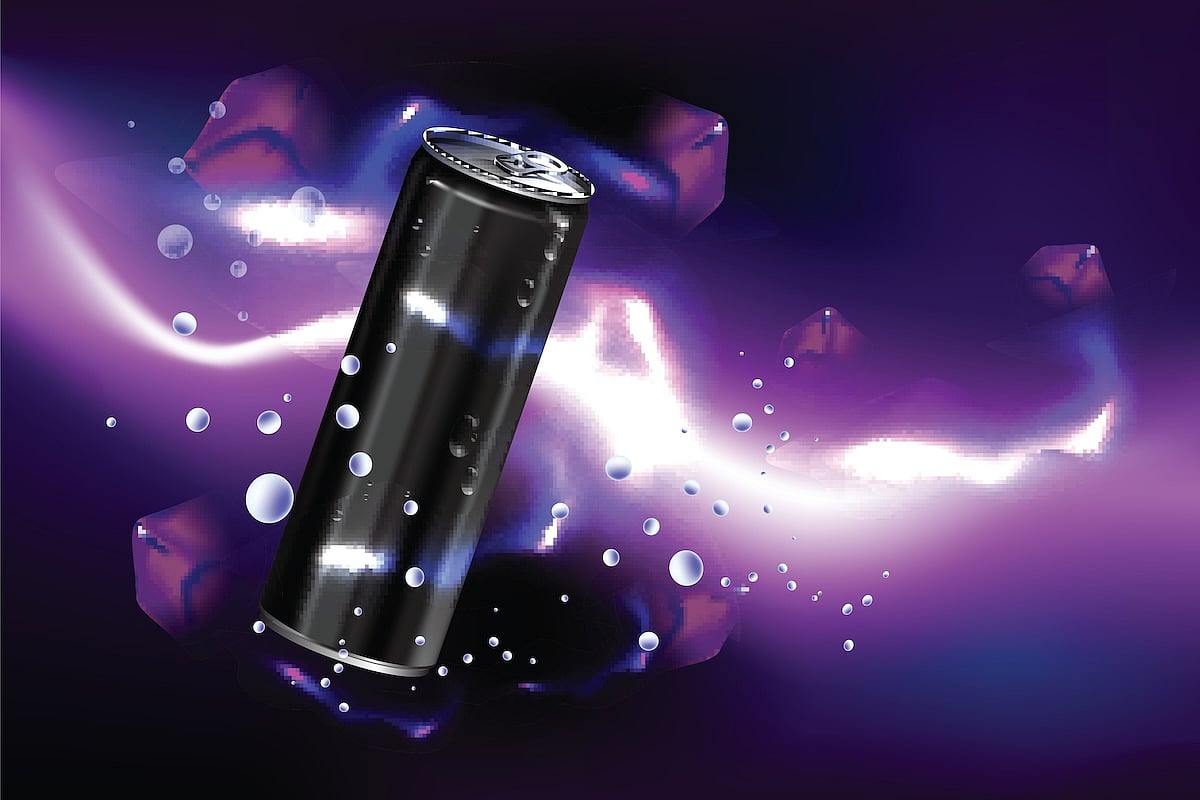
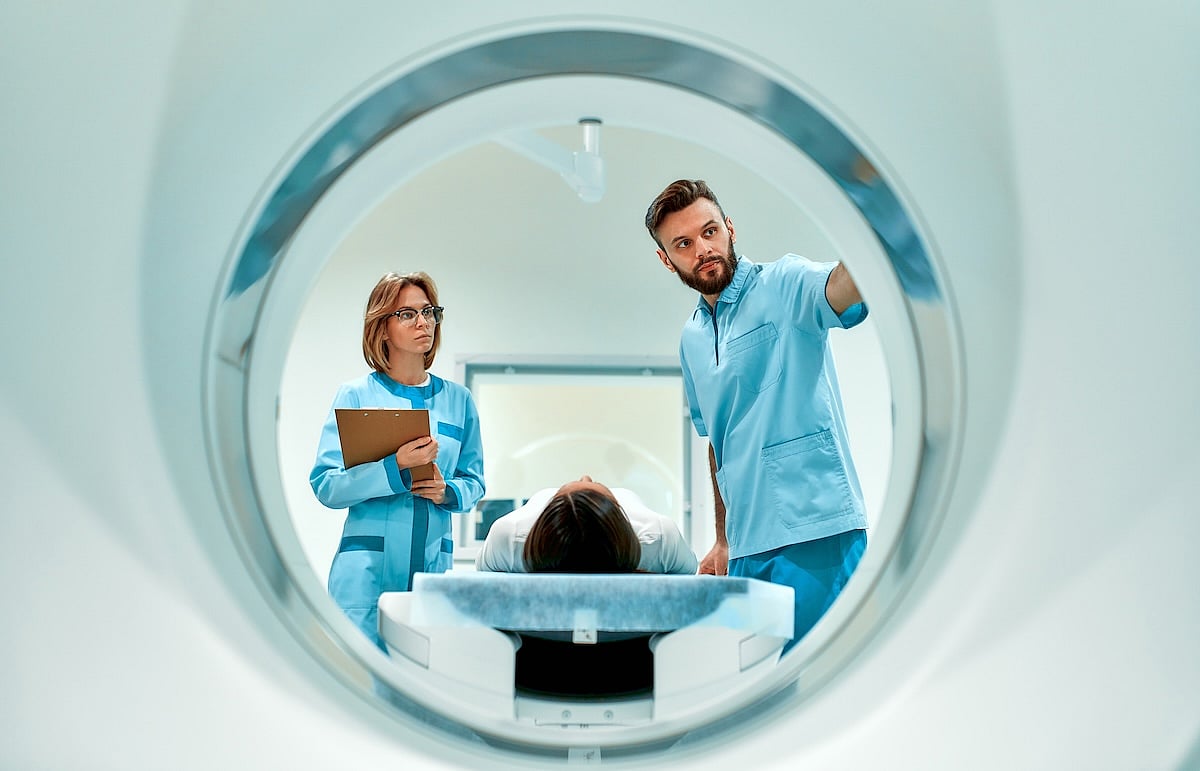


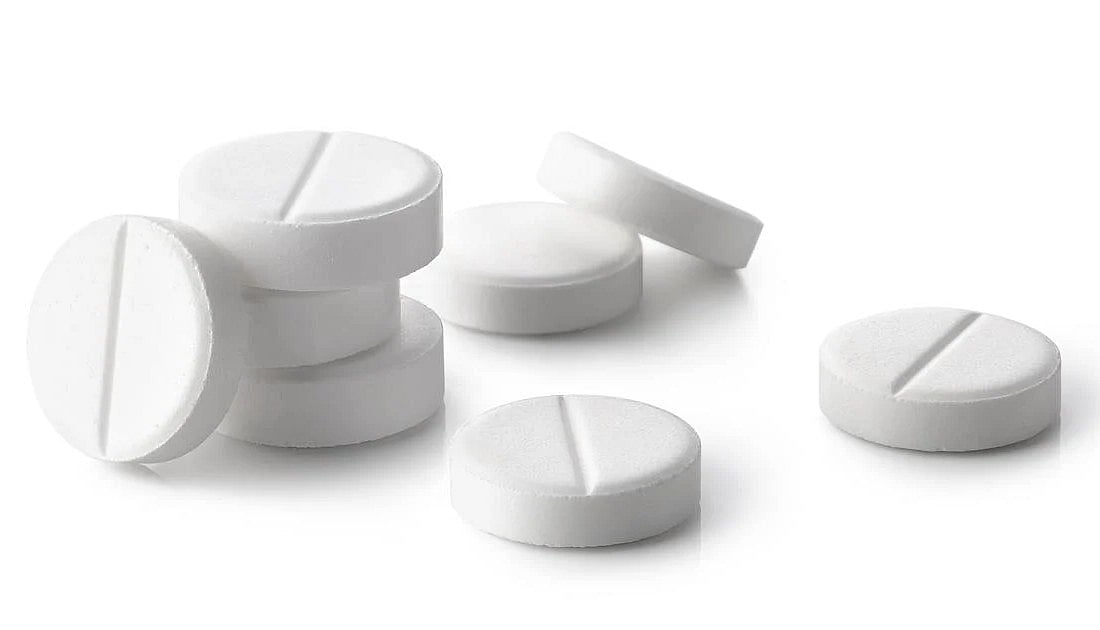
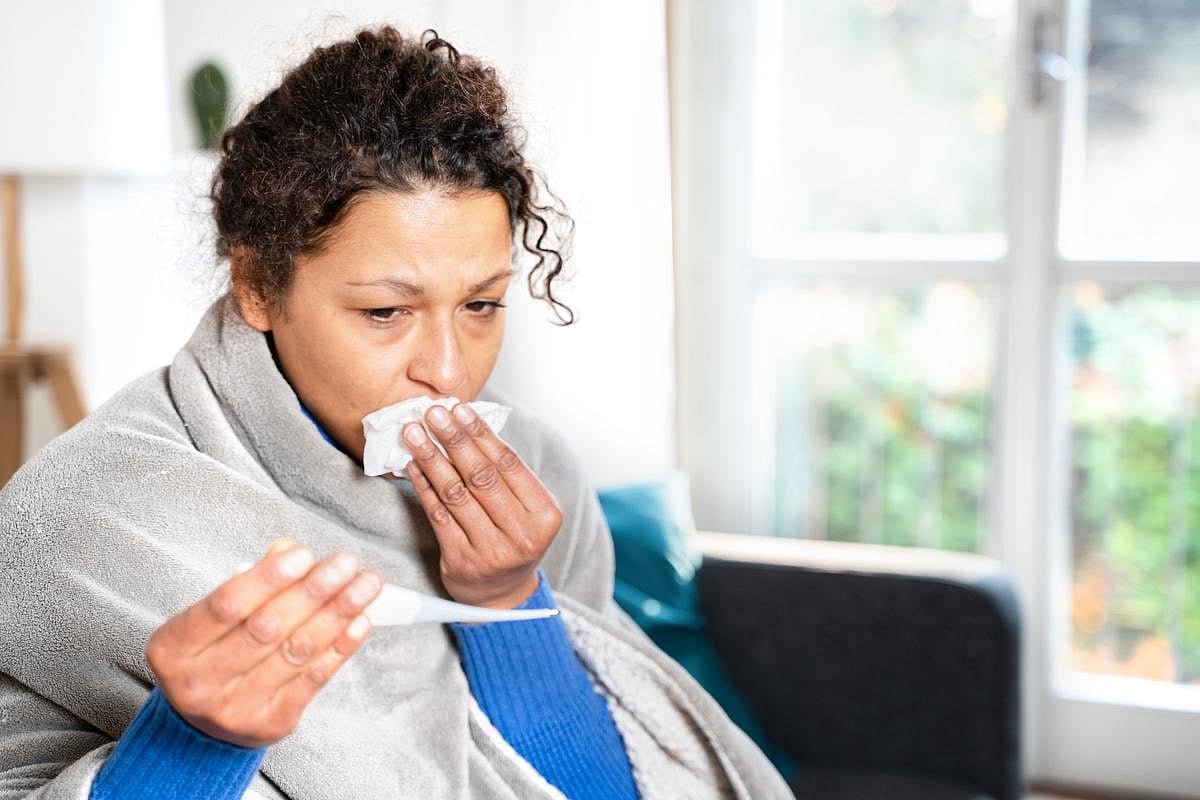
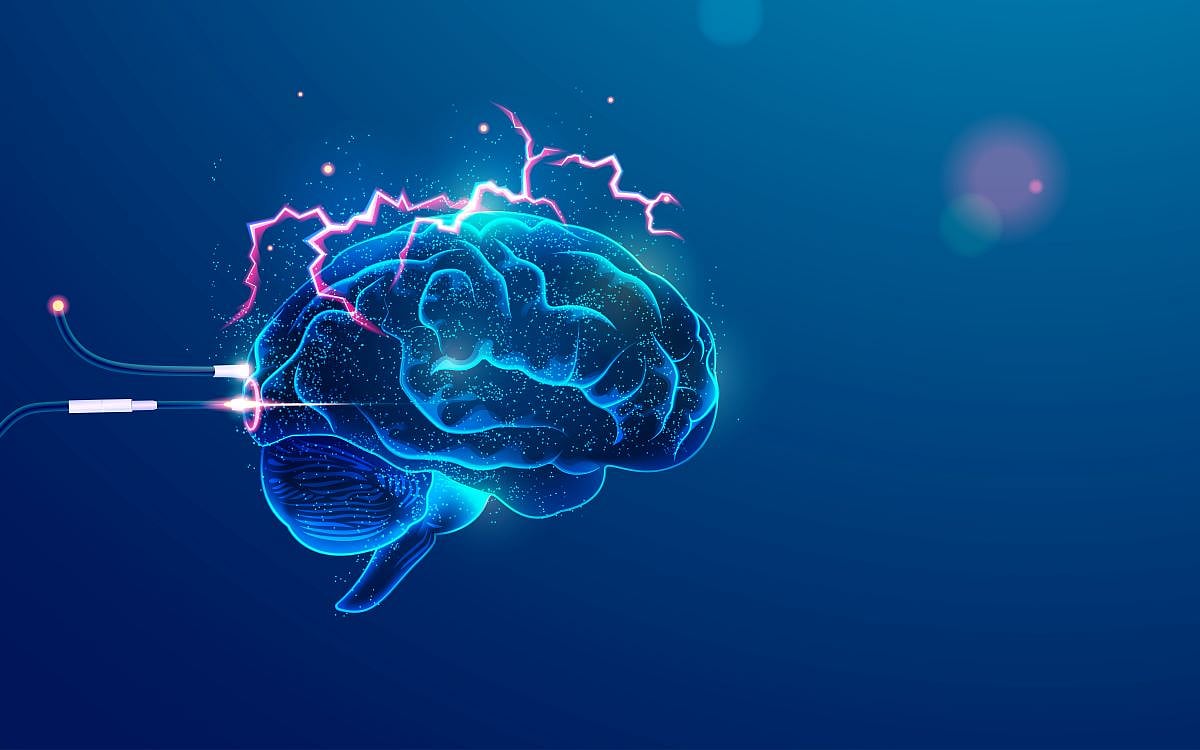
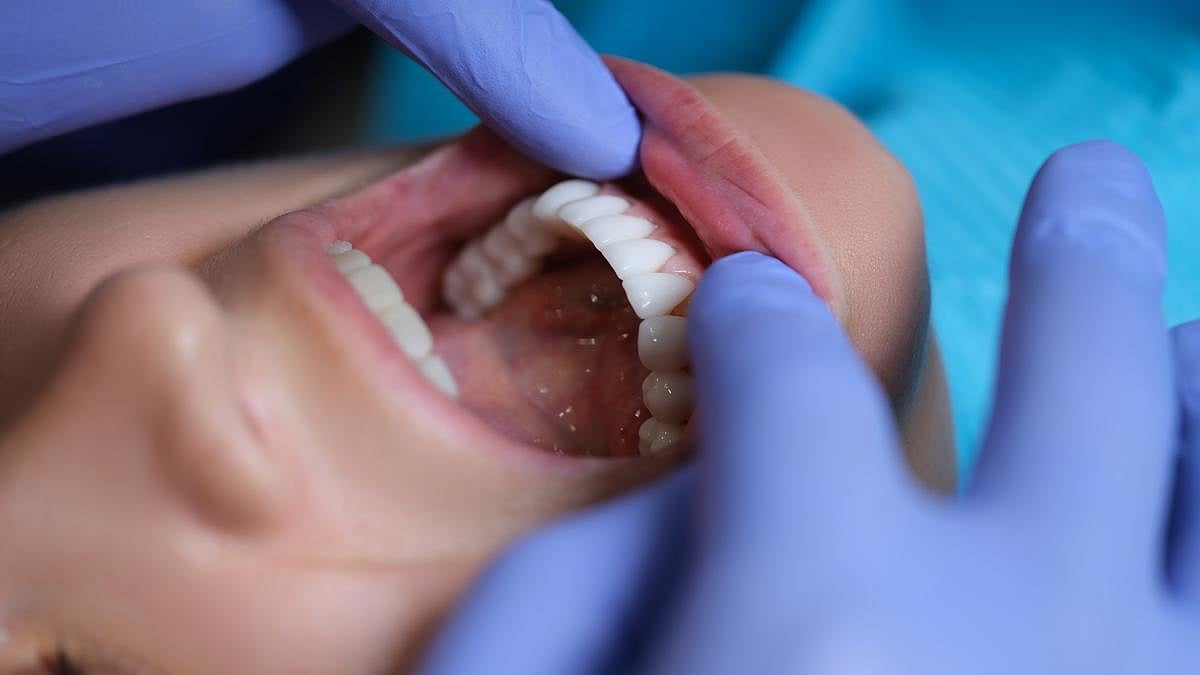

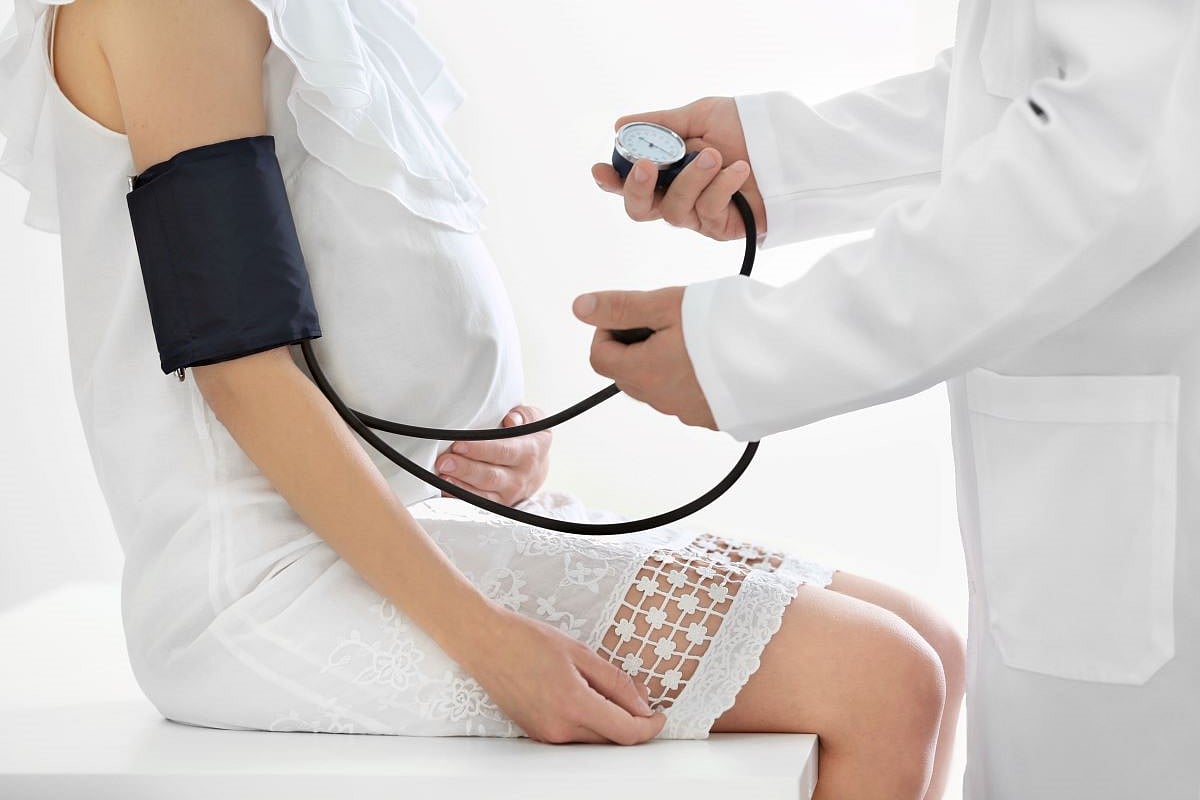

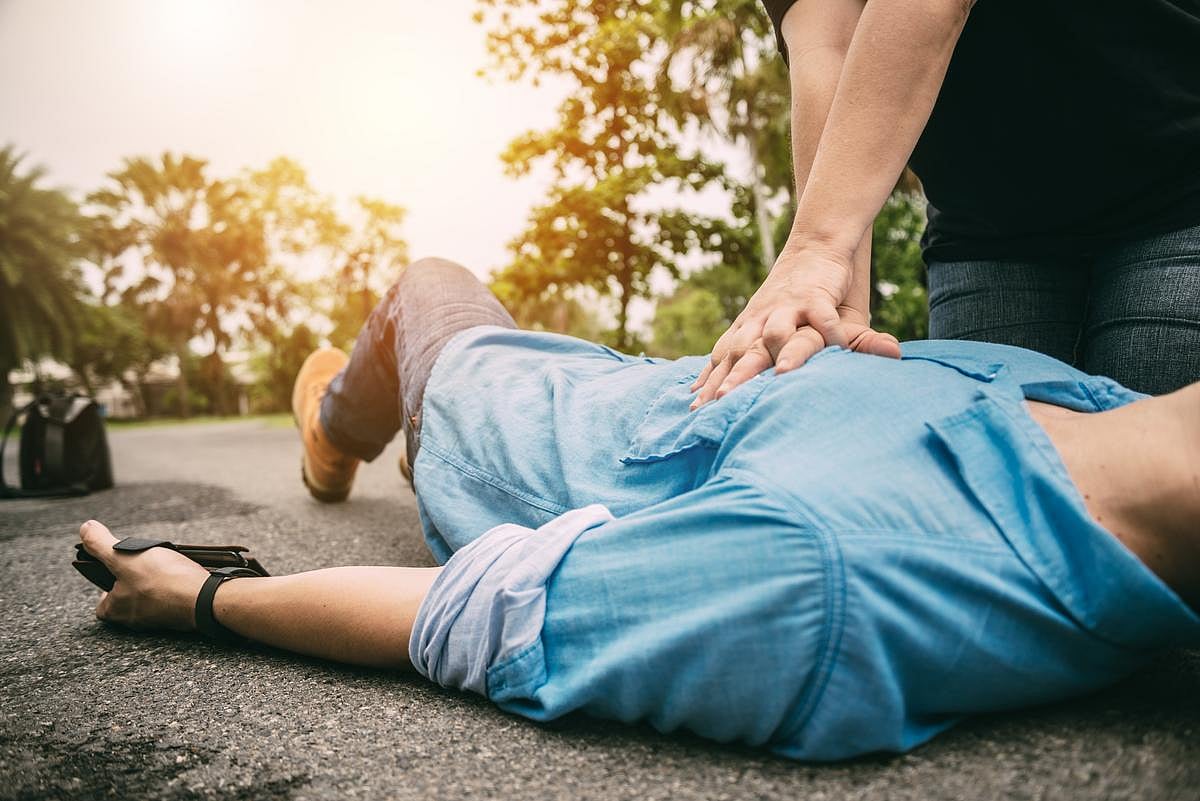


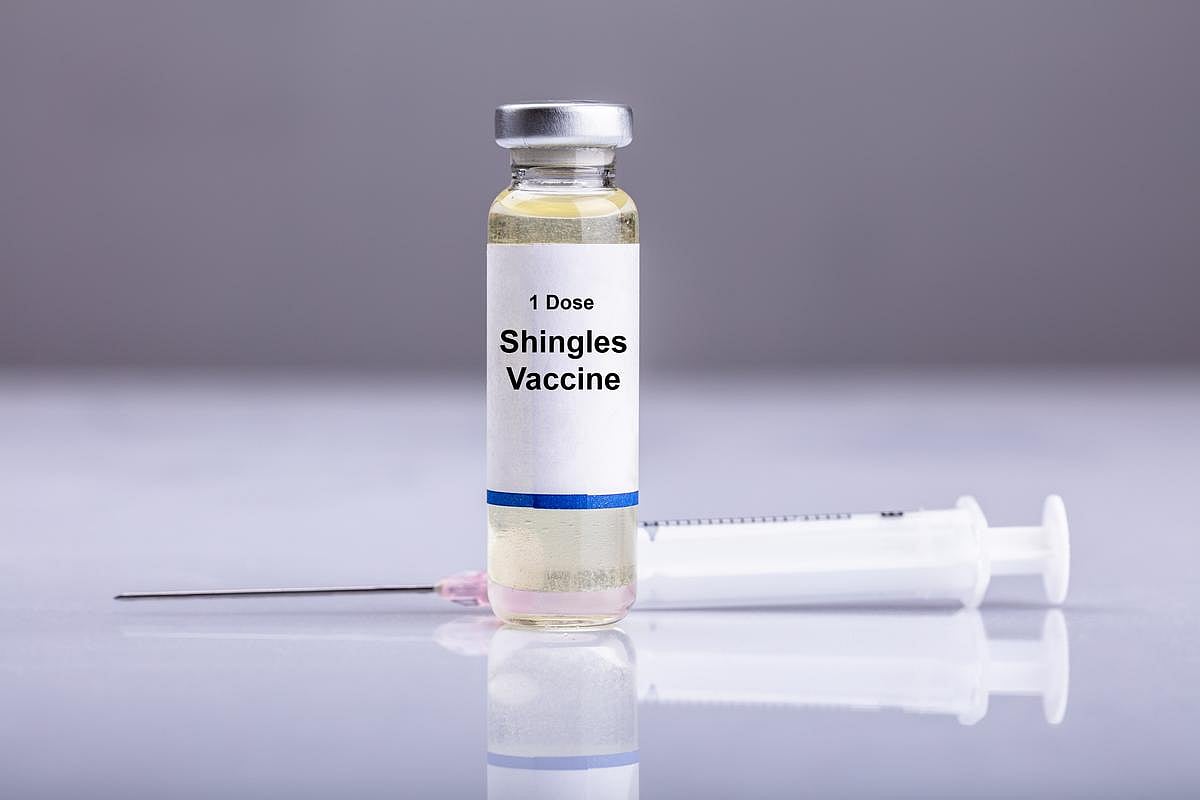

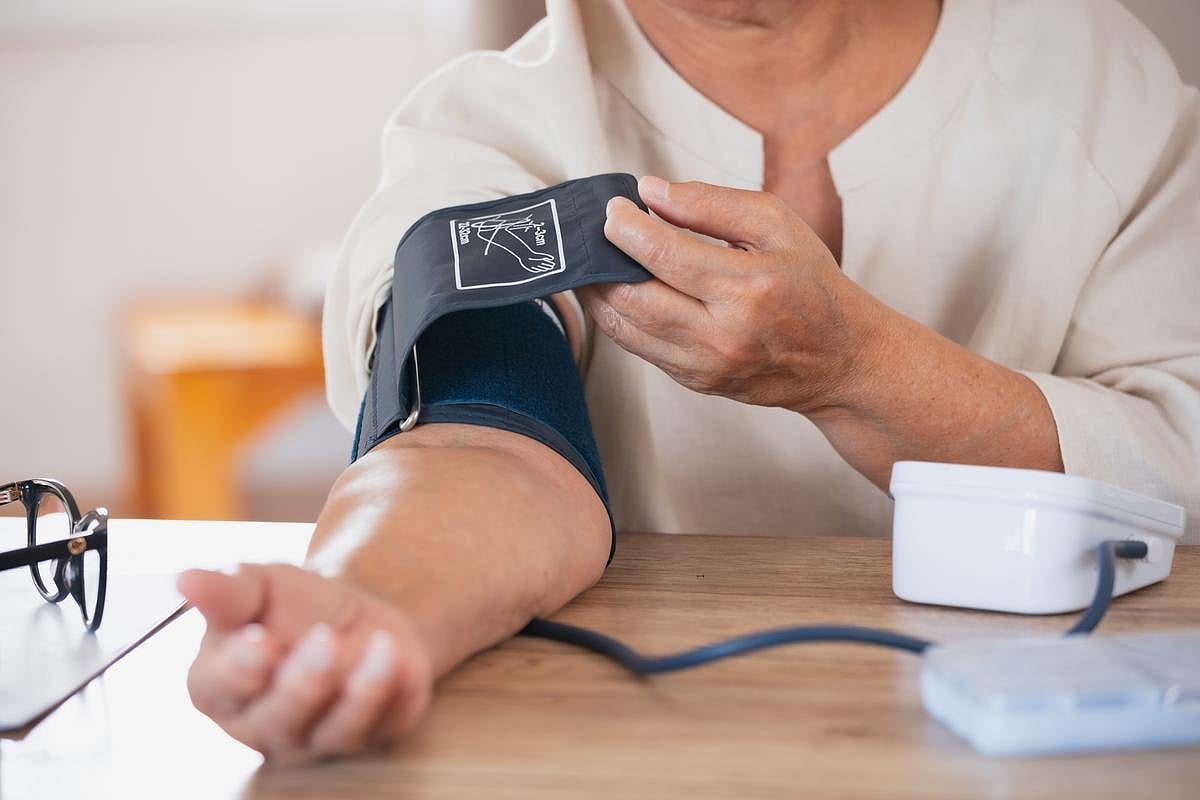


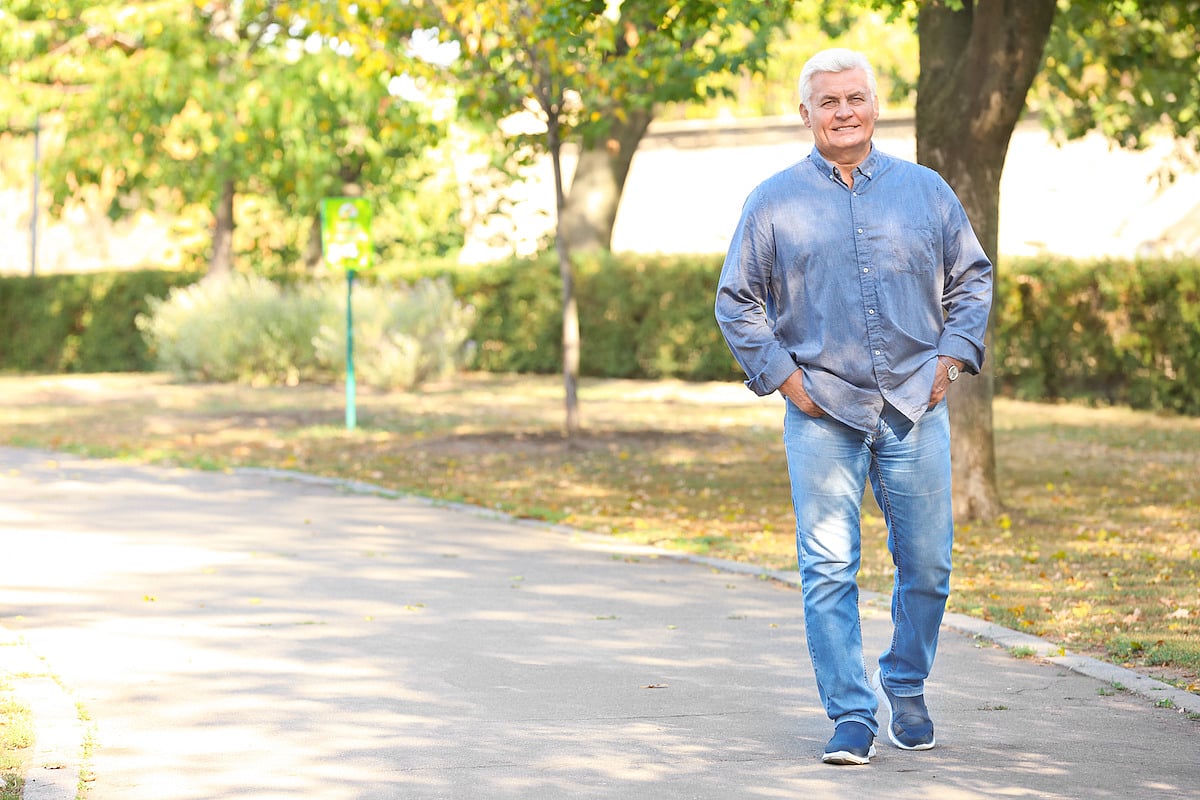
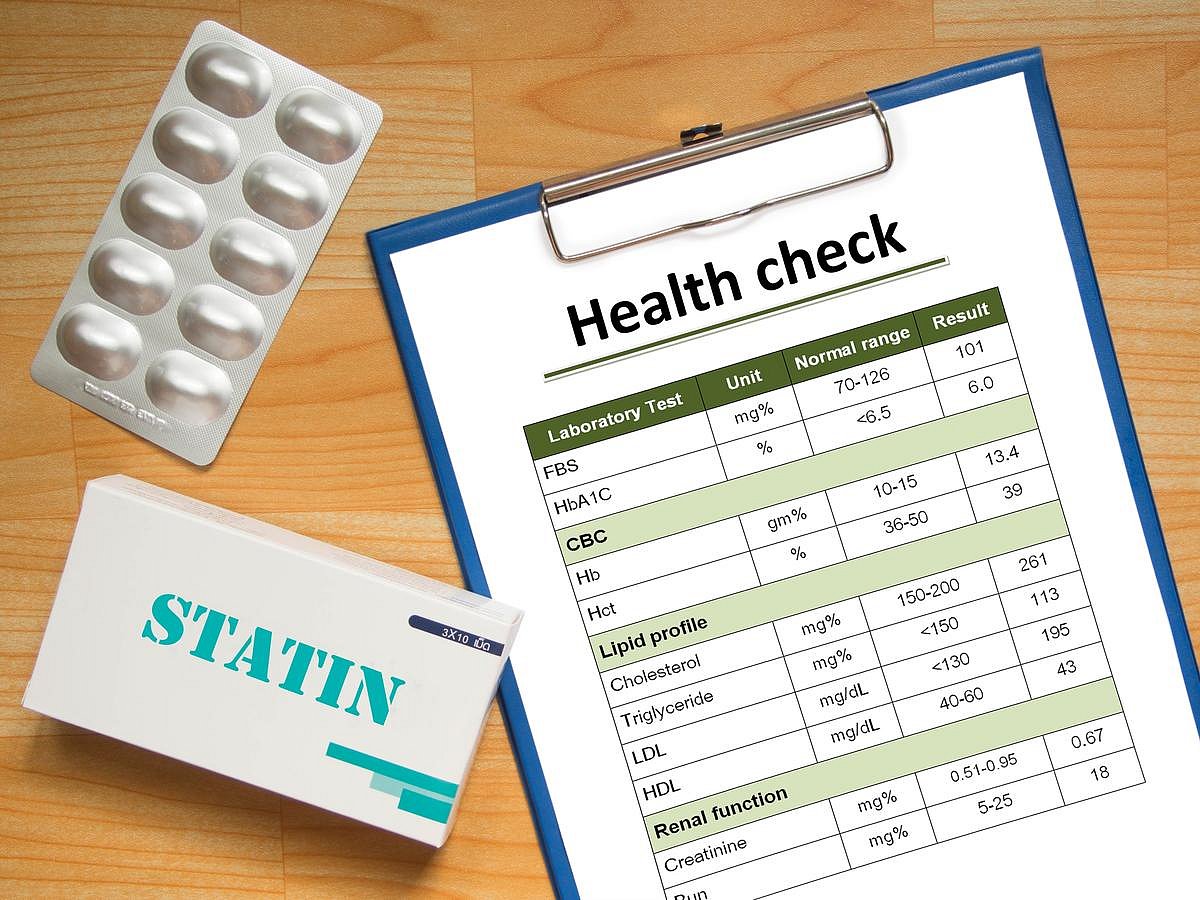


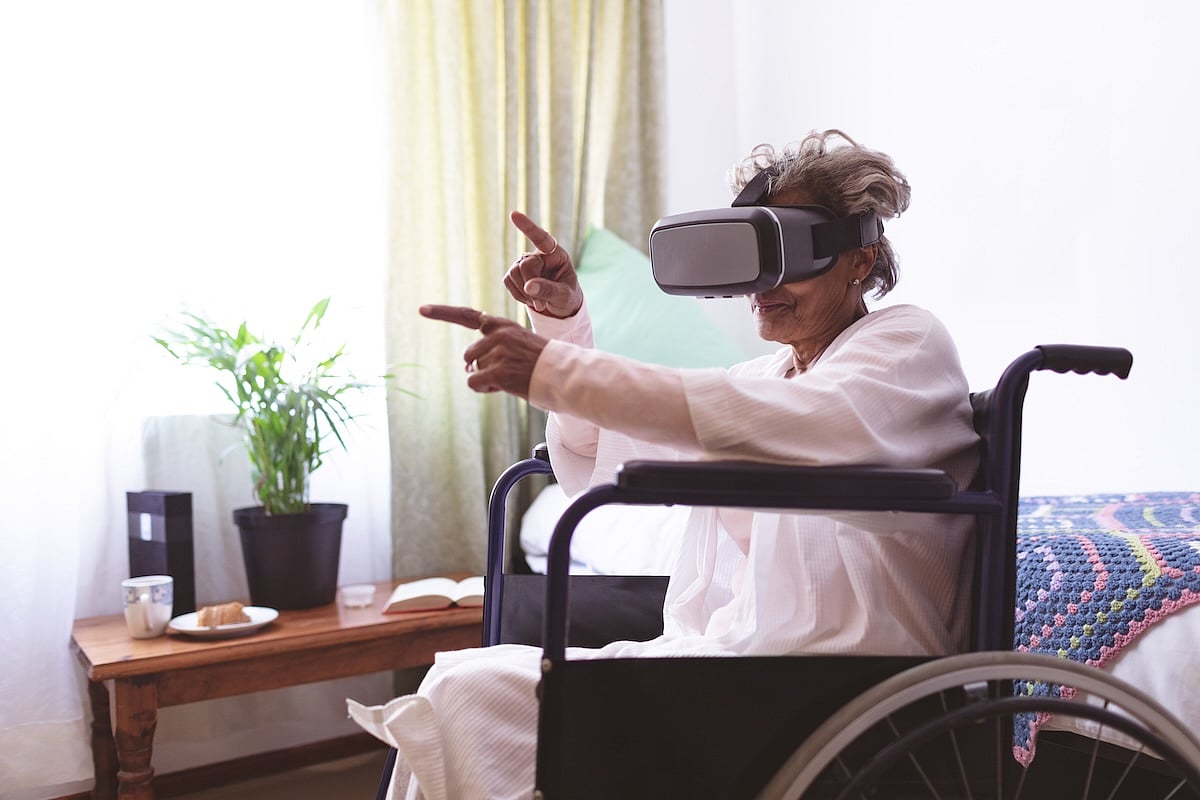




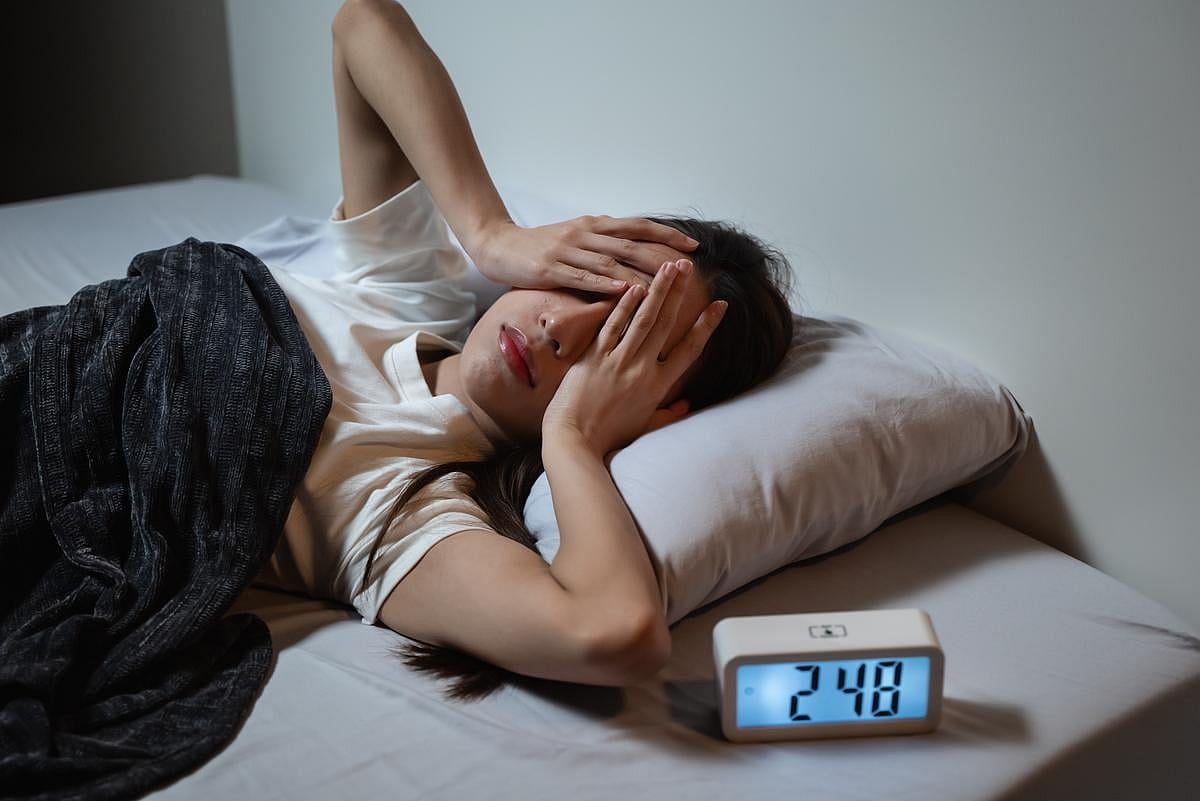
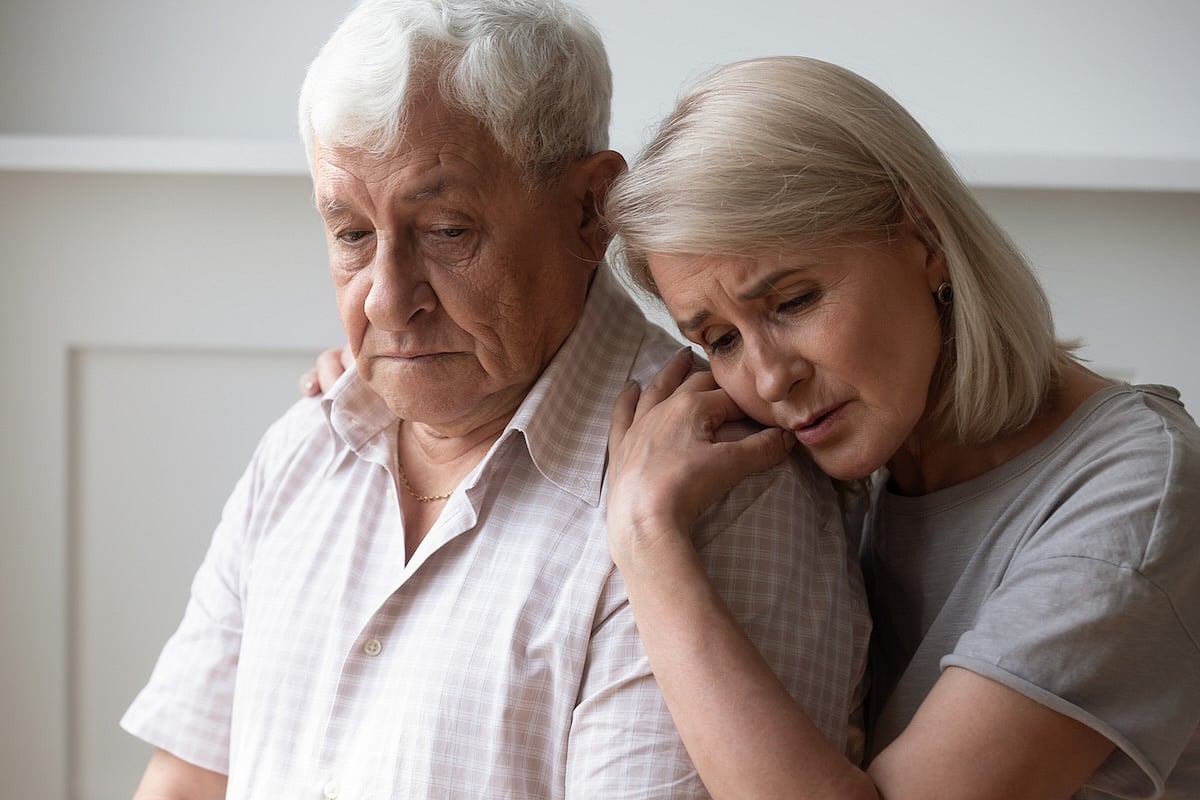

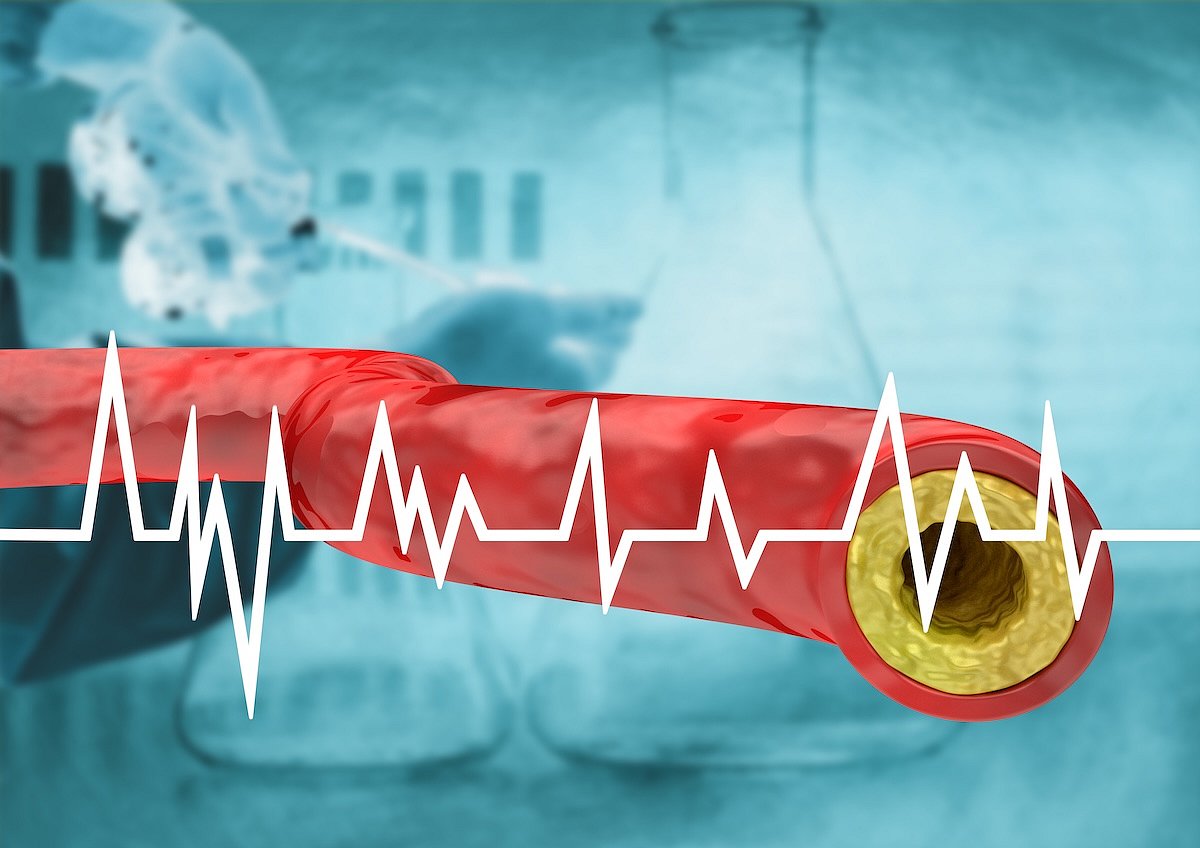
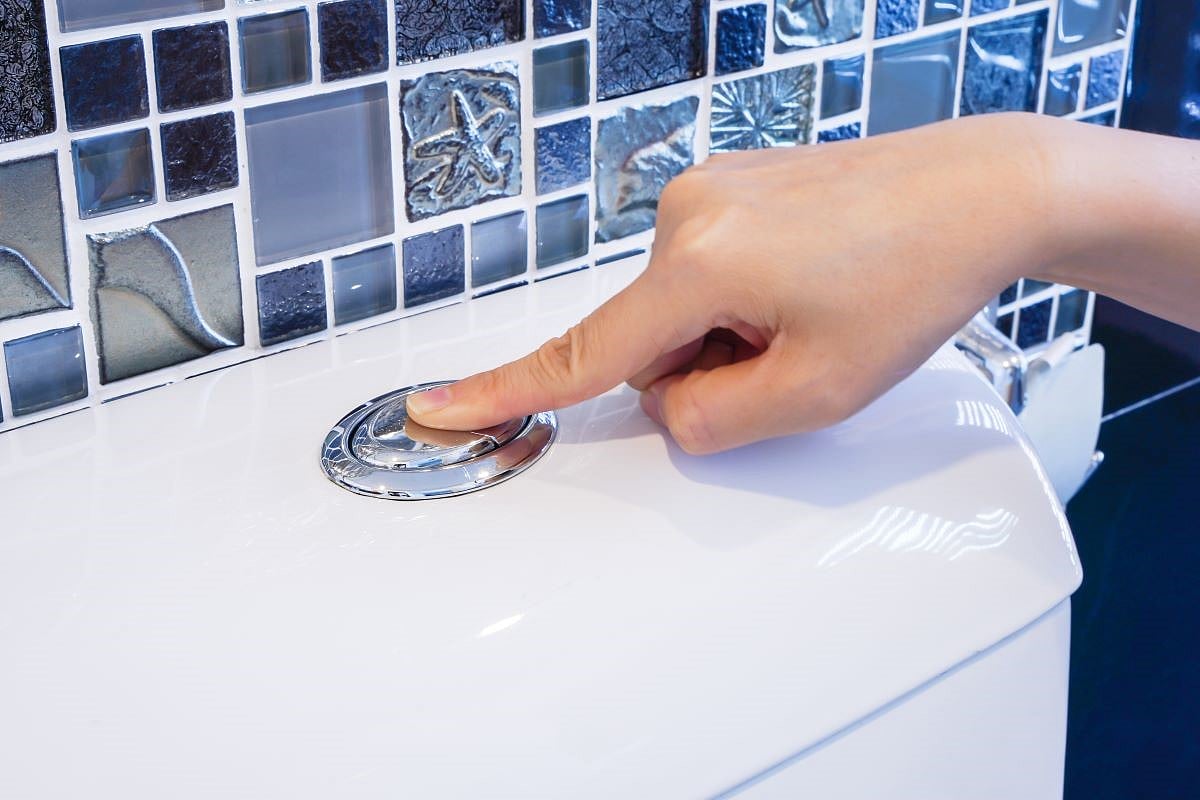
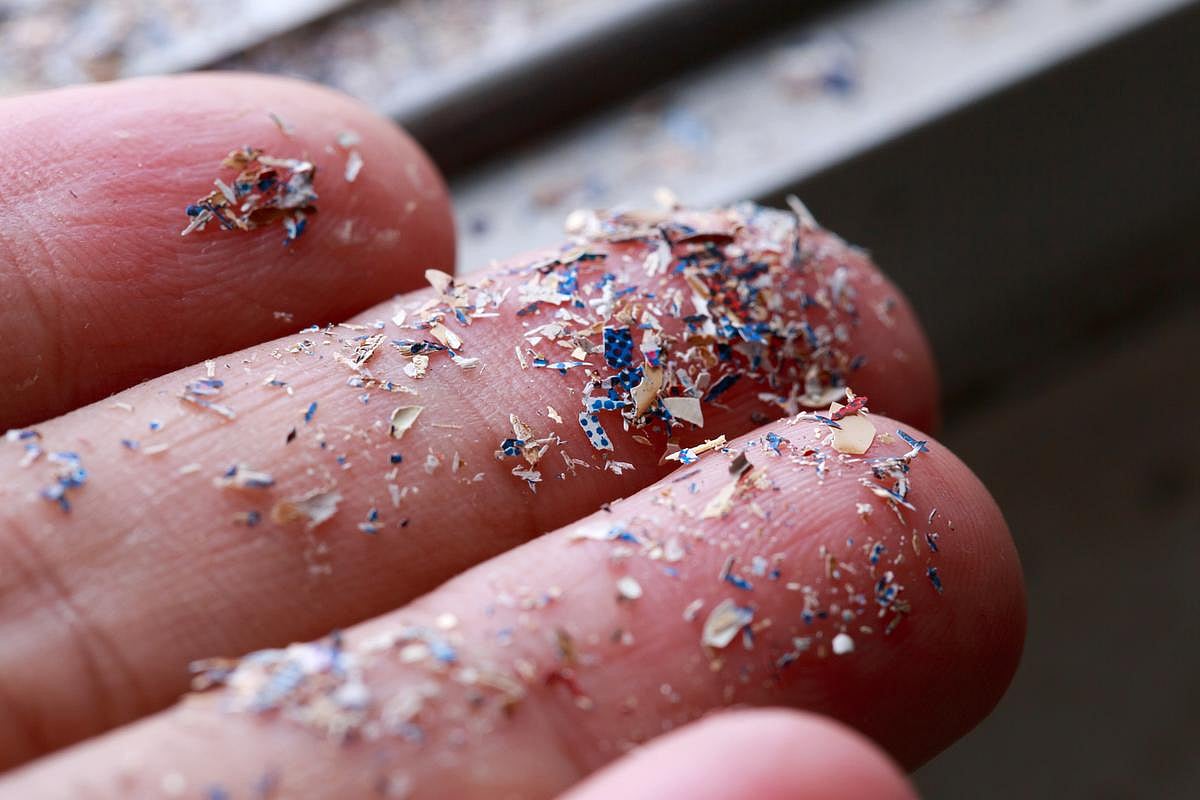


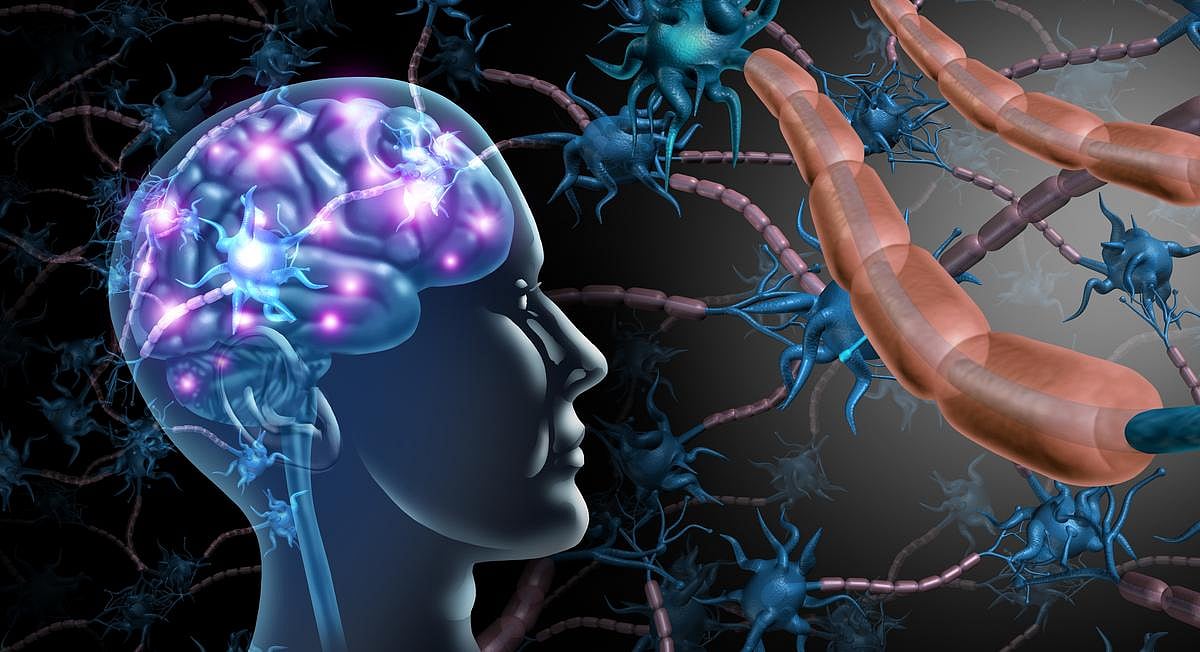

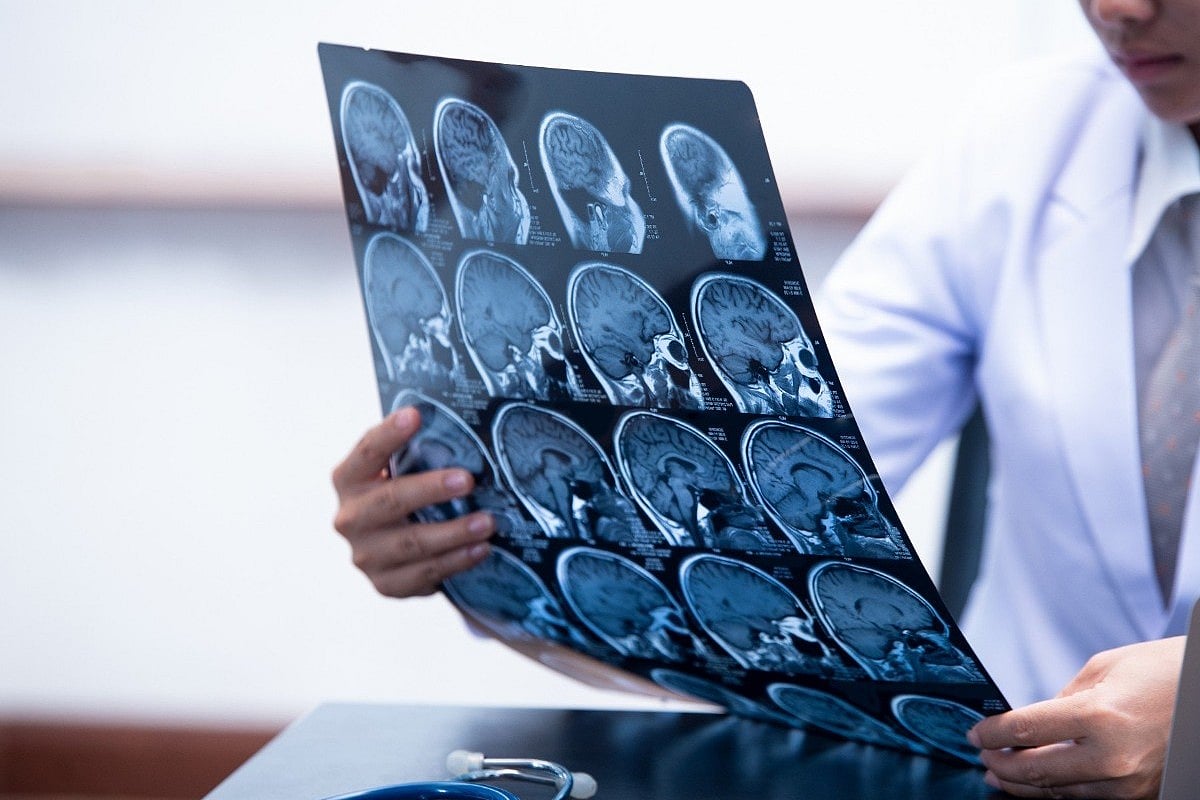
.jpg?w=1920&h=1080&mode=crop&crop=focalpoint)
